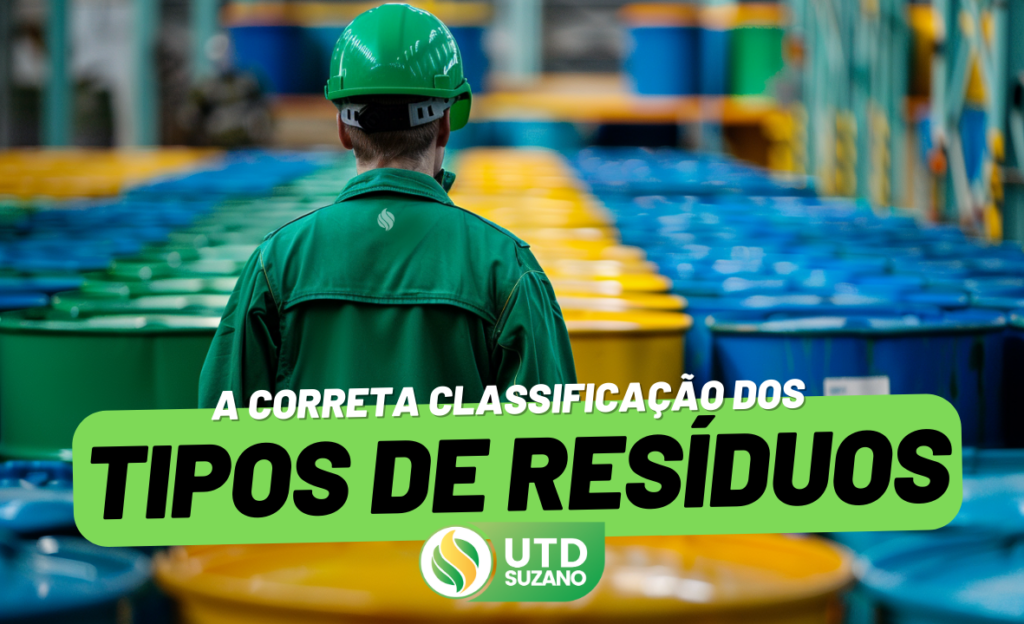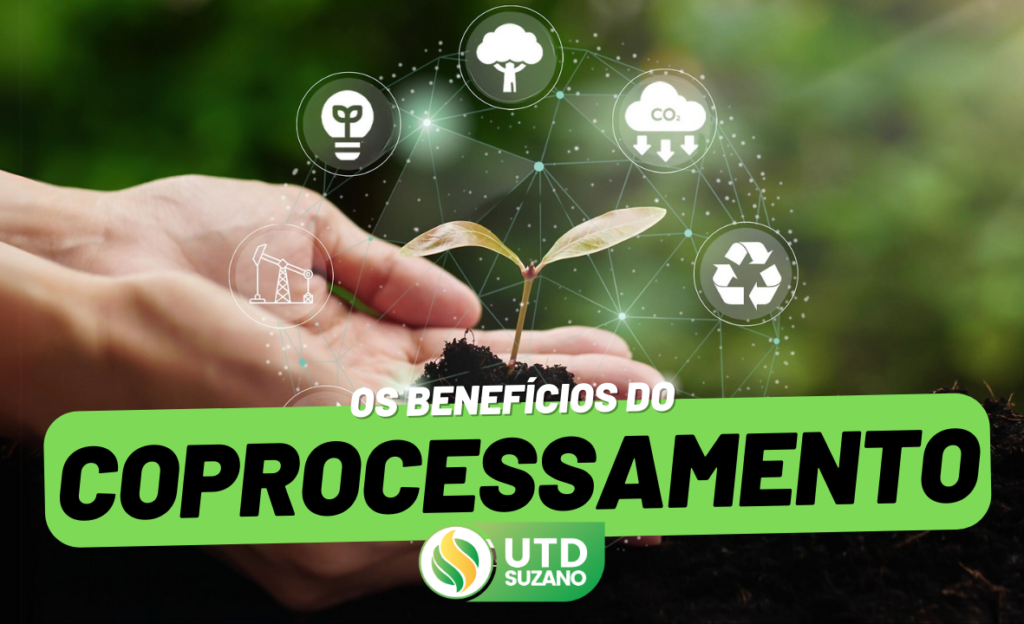Types of Waste and Their Classifications

In Brazil, the correct waste classification is essential for public health, environmental preservation, and the efficiency of recycling and treatment processes. The National Health Surveillance Agency (Anvisa), through RDC 222/2018, establishes clear guidelines for waste management, subdividing it into five main groups. This classification facilitates proper and safe waste handling, ensuring each type receives the […]
Waste Coprocessing: A Sustainable and Responsible Solution

What is Waste Coprocessing?Waste coprocessing is an environmentally sustainable technique primarily utilized in the cement industry, leveraging waste materials as alternative fuels or raw material substitutes in cement production. This method integrates waste management with industrial production, reducing reliance on fossil resources and minimizing landfill disposal. Through coprocessing, discarded materials are transformed into valuable inputs, […]
Complete Guide to CADRI Issuance: Step-by-Step and Essential Tips

What is CADRI? CADRI, or Certificate of Waste Movement of Interest, is an essential document issued by CETESB/SP, the State Environmental Agency. Companies involved in the waste movement must ensure compliance with current environmental legislation. CADRI is crucial to ensure that waste handling and transportation are conducted safely and legally, preventing environmental damage and ensuring […]
Introduction to the Zero Landfill Concept

The concept of “Zero Landfill” was created by the Zero Waste International Alliance (ZWIA) and environmental sustainability advocates as a response to the growing concern over improper solid waste management. The central idea is to minimize, as much as possible, the amount of waste sent to landfills. This approach seeks to reimagine production and consumption […]
Waste Incineration: Environmental Benefits or Detriments?

Waste incineration is a complex technique involving the controlled burning of discarded materials, transforming them into ashes and gases. Contrary to the common perception that it is harmful when carried out responsibly and under strict environmental regulations, incineration can offer a range of benefits both for the environment and public health. One of the primary […]
Improper Waste Disposal: Risks and Consequences for Companies

In the business context, improper waste disposal can have serious repercussions for both the company and the environment. Many organizations, due to ignorance or negligence, end up disposing of their waste incorrectly, without considering the negative impacts of this behavior. Legal Consequences of Incorrect Disposal of Hospital Waste When it comes to hospital waste, such […]
Waste Management Plan: Ensuring Compliance and Sustainability

The Waste Management Plan for Health Services (WMPS) is an extremely important document for establishments dealing with health-related waste, such as hospitals, clinics, laboratories, and other health institutions. It is governed by the National Solid Waste Policy (Law No. 12,305/2010) and the Resolution of the Collegiate Board of the National Health Surveillance Agency (Anvisa) No. […]
Autoclaving: A Sustainable Solution for Waste Management

Autoclaving is a treatment method known for its effectiveness in deactivating microorganisms present in waste through the application of high temperatures and pressure. This process is widely used across various industries, offering an efficient and sustainable alternative for treating different types of waste. In the autoclaving process, waste is subjected to high temperatures and pressure […]
Waste Management: Sustainable Practices for a Better Future

In the realm of waste management, concern for sustainability and environmental safety is paramount. In the pursuit of sustainable practices, it is essential to ensure proper management in compliance with environmental regulations for various types of waste. Hospital Waste Hospital waste poses unique challenges due to its potentially hazardous nature. Sharps, chemicals, and PPEs must […]
Unveiling Greenwashing: When Sustainability is Just a Facade

“Greenwashing” is a tactic that goes far beyond mere sustainable advertising. Companies engaging in this strategy highlight superficial environmental actions to create an illusion of environmental responsibility. A classic example is when a company emphasizes the recyclability of its packaging, but in reality, most of the products are not recyclable. Believing in these strategies can […]
